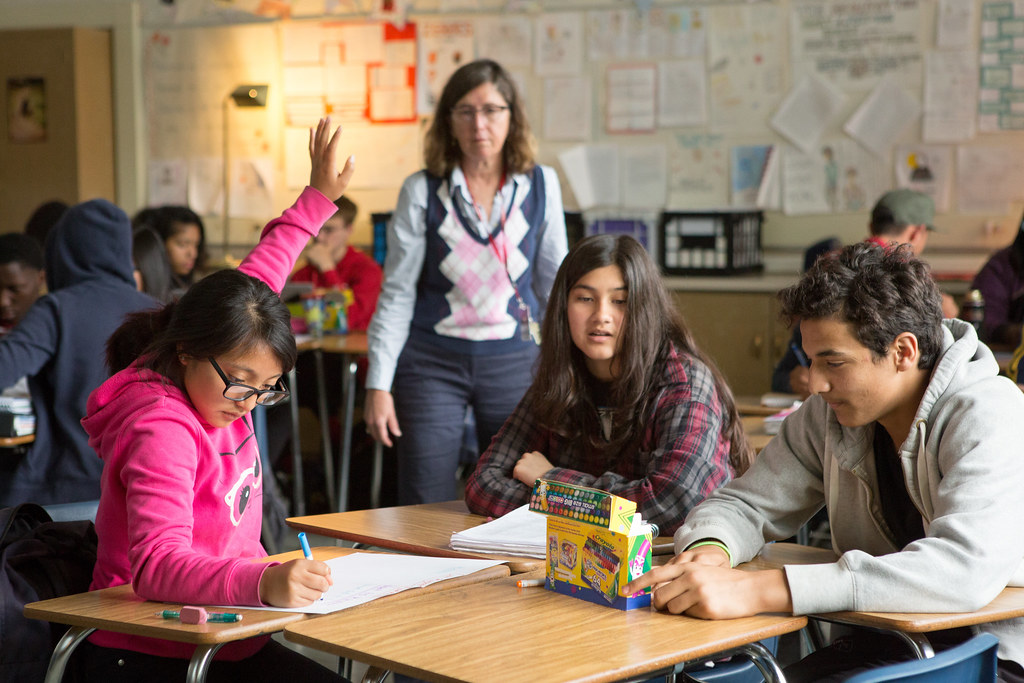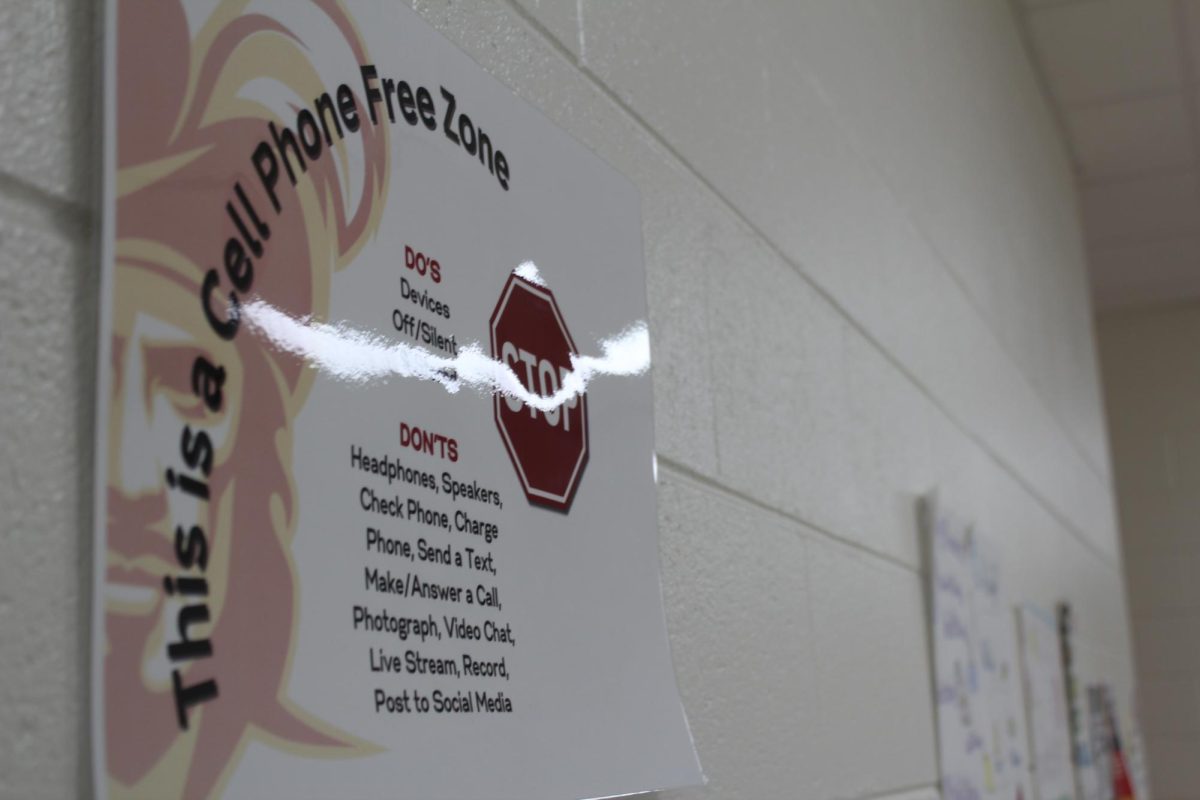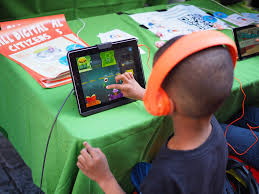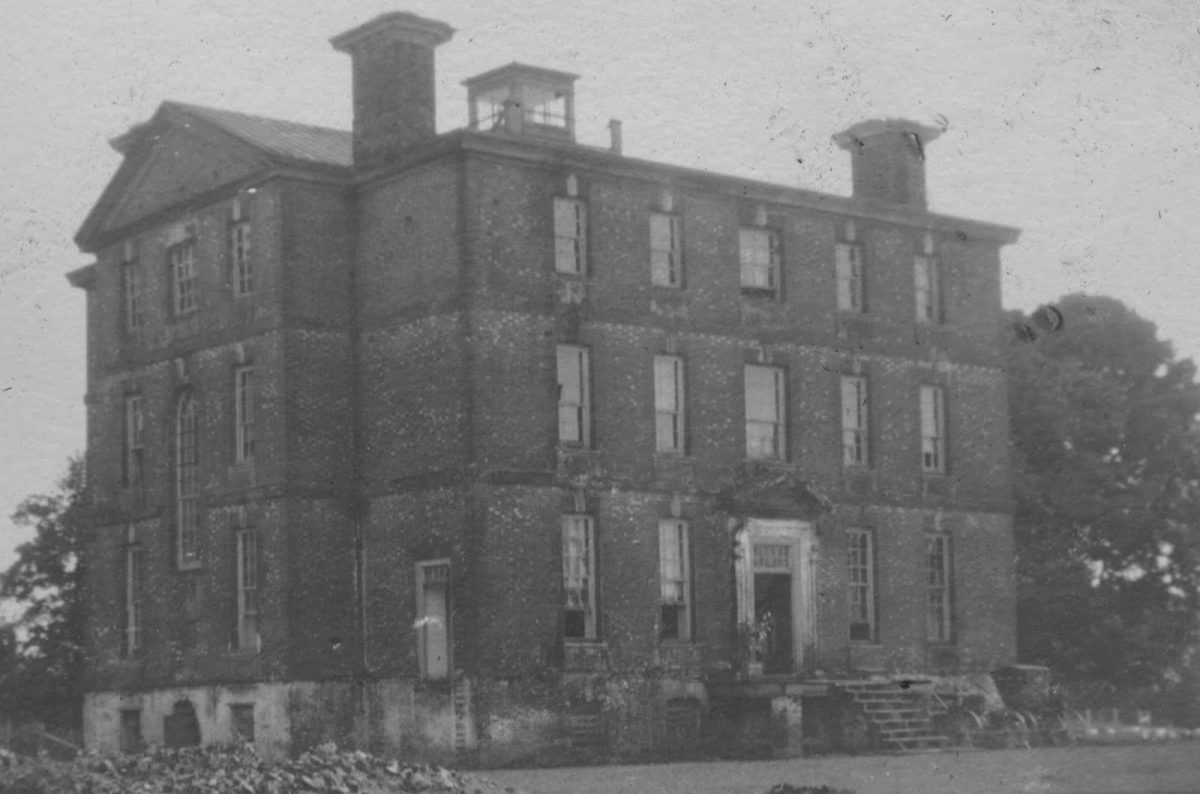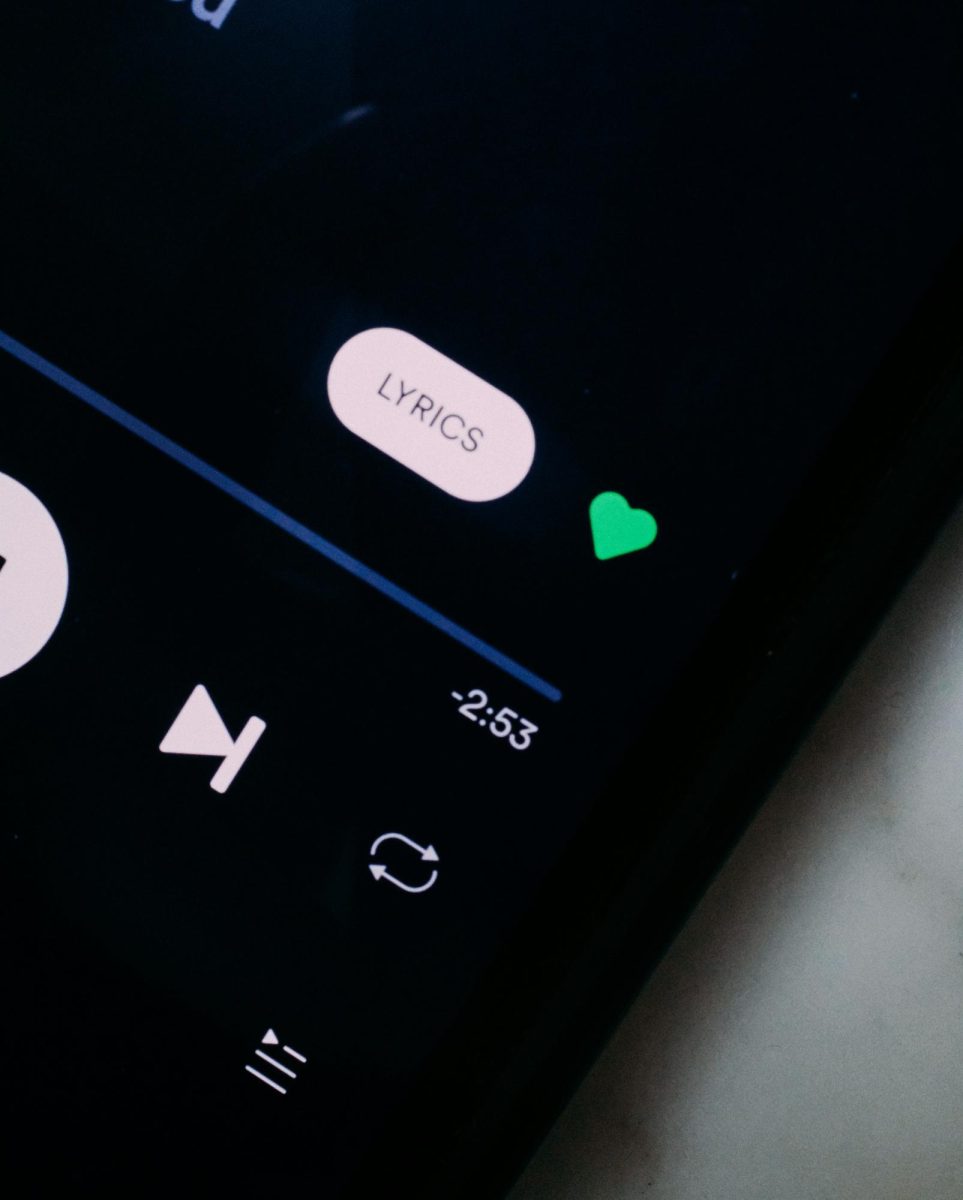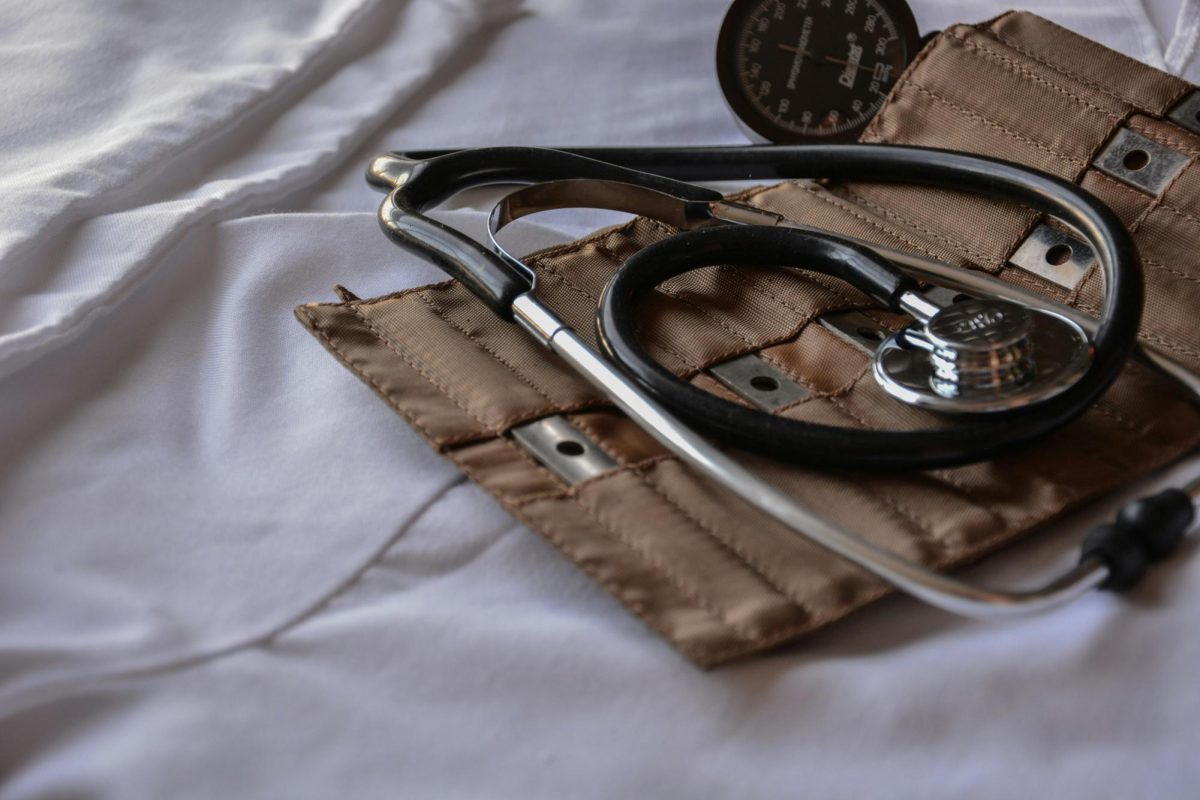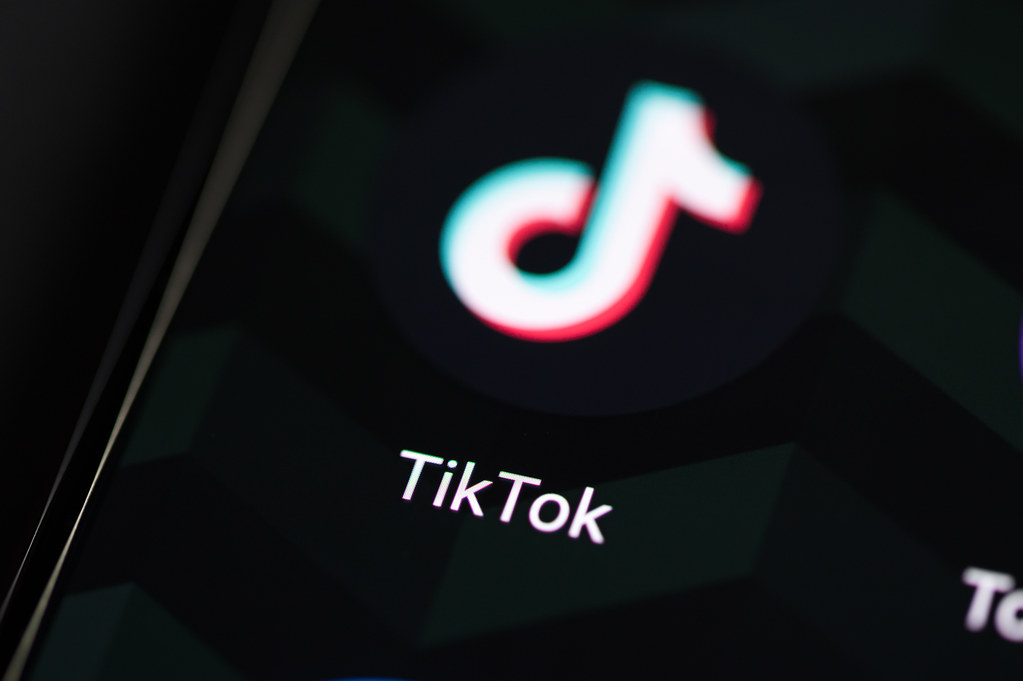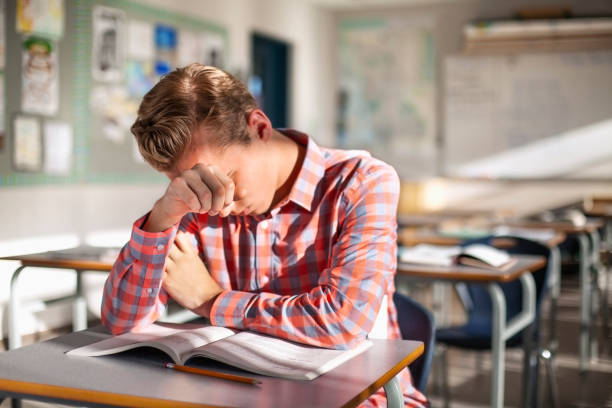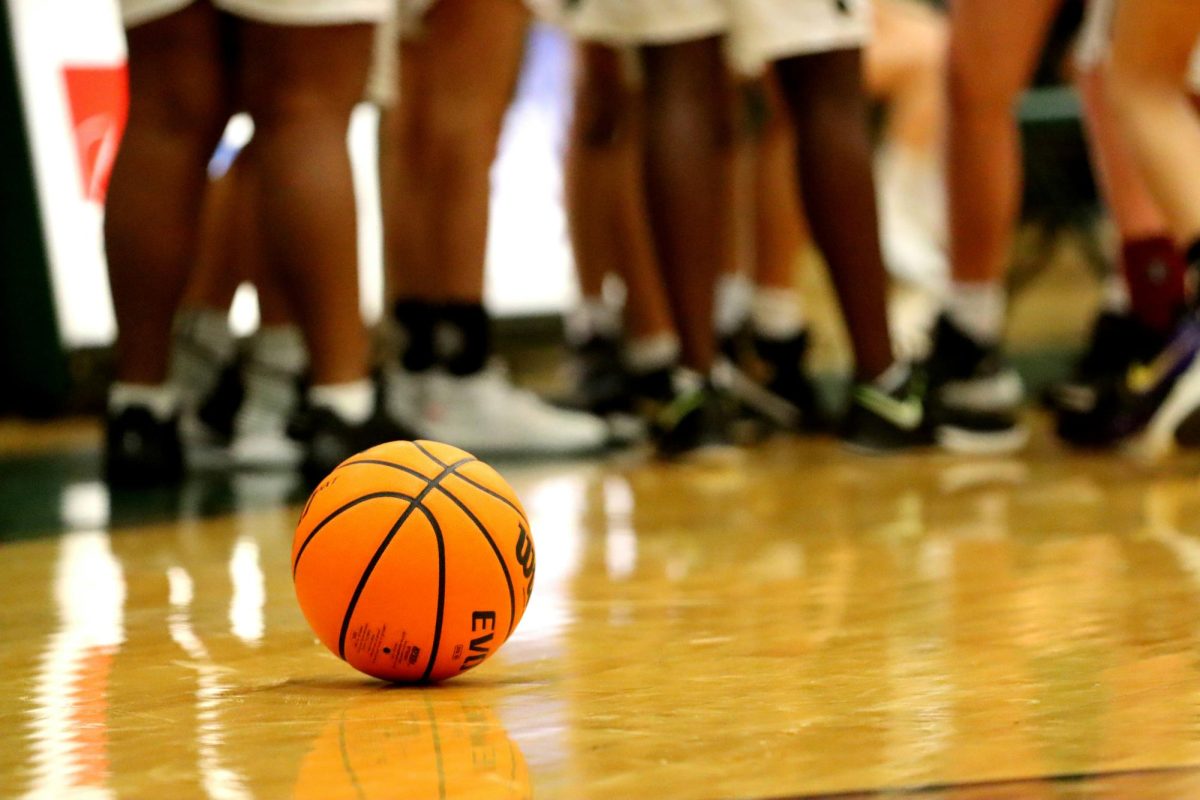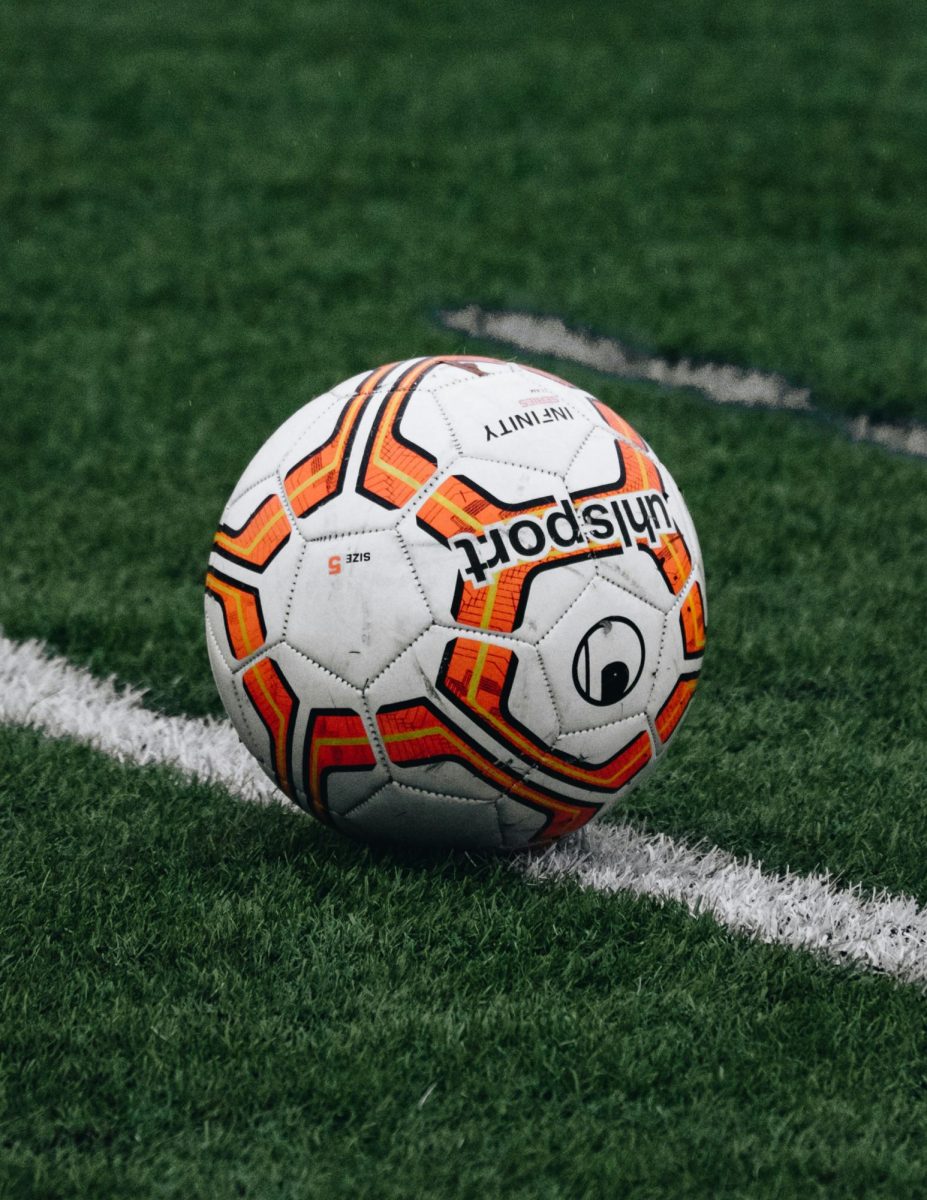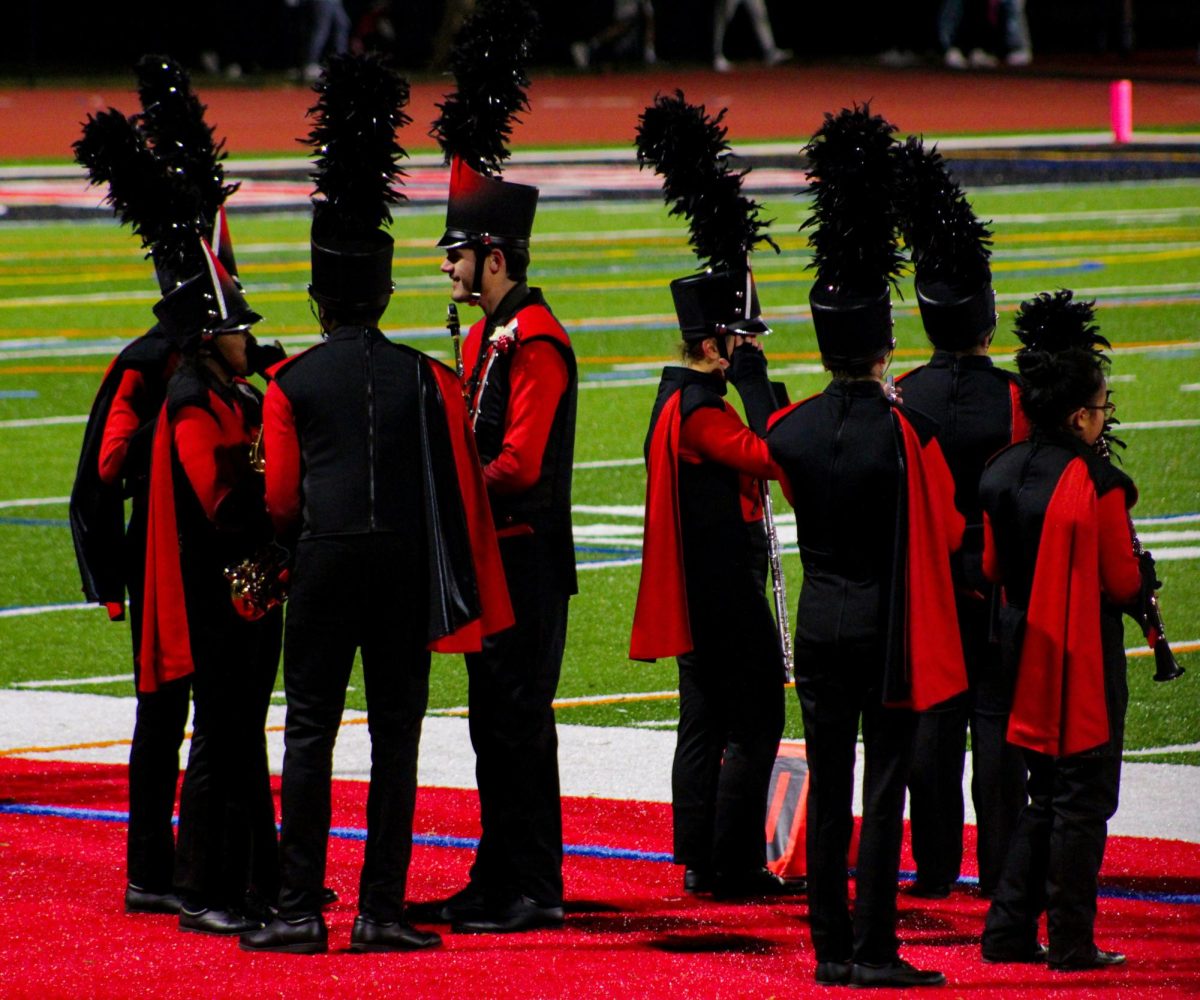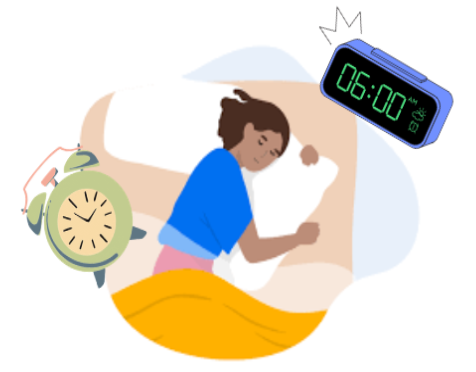Students sleep and school starting times are a subject that is brought up in every household that concerns a student. They are very common topics to talk about with your peers or your parents. Nationwide Children’s says, “The average amount of sleep a teenager gets is around seven hours to seven hours and 15 minutes. However, they need between nine hours to nine hours and 30 minutes.” They also said that “Teenagers do not get enough sleep because of shifts in sleep schedules, early school starting times, social life and after school life. Sleep deprivation will impact mood, behavior, cognitive ability, academic performance, and drowsy driving.”
Later school starting times could help students get the nine to nine and a half hours that they need to properly function in a day. The American Academy of Pediatricians and the Academy of Sleep Medicine recommend that both middle and high school start no earlier than 8:30 AM. The Sleep Foundation says “Other concerns with early start times include: the likelihood of participating in risk-taking behaviors, greater chance of unhealthy behaviors, higher risk of athletic injuries, an increase of depressive symptoms, suicidal thoughts, and an increase in motor vehicle accidents.”
School starting times can and will change students’ lives. According to the research, more sleep would improve students’ behavior, which is a big thing in Gloucester High School. De La Lglesia of the University of Washington said, “To ask a teen to be up and alert at 7:30 a.m. is like asking an adult to be up and alert at 5:30 a.m.” “There are resulting improvements across the board: grades improve, attendance goes up, and graduation rates go up fairly significantly.” Says Lisa L. Lewis, a parenting journalist and the author of “The Sleep Deprived Teen: Why Our Teens Are So Tired, And How Parents And Schools Can Help Them Thrive.”
After school, many students have things to worry about, like homework, jobs, athletics, and many other things. After only getting seven hours of sleep, many things after school could be a risk to the students’ physical and mental health due to drowsiness. Sleep Foundations say that there are many reasons that school starting times are great. Some are fewer occurrences of falling asleep in class, fewer disciplinary issues and teenage motor vehicle crashes would decrease by 16.5% or more.
CDC.gov says that “During puberty, adolescents become sleepy later at night and need more sleep later in the mornings, as a result in biological rhythms.” Health.gov said, “Getting enough sleep has many benefits. It can help you: get sick less often, stay at a healthy weight, lower the risk for serious health problems, reduce stress, think more clearly, and avoid injuries.” Everetts says, “There are also some cons in having later school starting times, some of them are: Parents work schedule, Transportation logistics, and Effects on extracurricular activities.” Sterni and Crocetti from Hopkins Medicine say that “Teenagers are going through a second developmental stage of cognitive maturation.” “Sterni and Crocetti suggest that these teen-specific and time-tested tips: Schedule a checkup, Start the day in the sunshine, Encourage the connection, Tie good sleep to car privileges, Help teens rethink their schedule, Encourage schools to move toward later starting times, and watch their summer sleep schedule.”
“That’s quite concerning, giving that eight hours is actually the minimum amount they need.”- The Atlantic
They say, “The health, safety, and equality benefits to starting middle and high school at times more in sync with the sleep needs and patterns of students are irrefutable.” There are many tips and tricks to make sure students get to sleep faster than they normally do, but there are many reasons students can’t do that. Homework or missing classwork weighs on students and keeps them awake all night. Extracurricular activities can also keep students out until 10 p.m. or later.
School starting times impact every student. After interviewing several students, many have gotten less than seven hours of sleep. The lowest I have recorded is one hour. The average answer six to seven hours. This shows that many students have had too much to do, resulting in not being able to sleep for the nine hours needed. Now, many things could play into this. Either the students were up all night on the phone or playing games. Or maybe they were doing homework for several of their classes. Many of these students have several factors playing into their sleep; many mental factors might also be involved.


